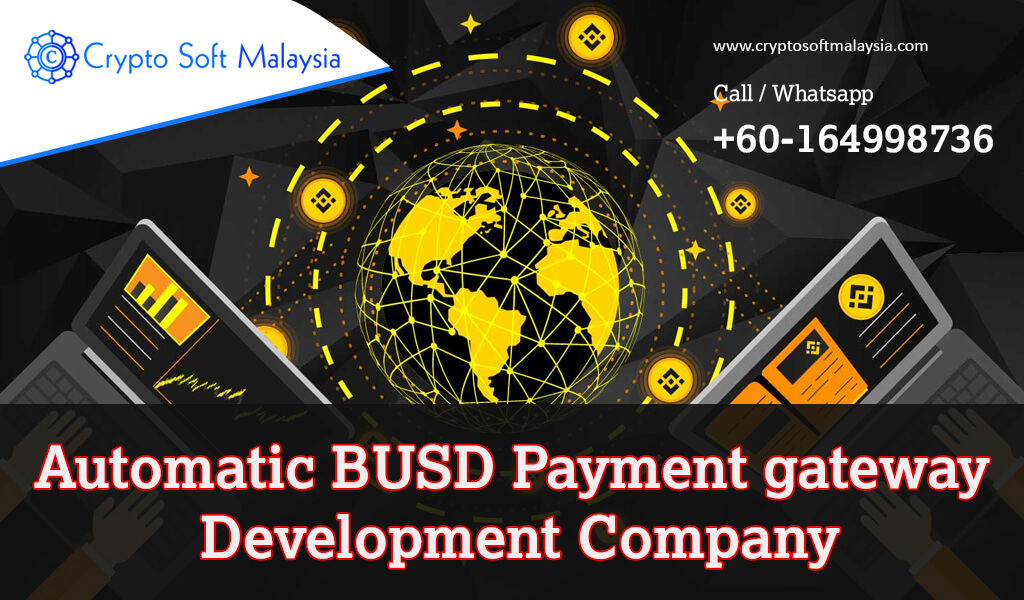Private Blockchain Development
DIVE INTO THE BLOCKCHAIN!

We Provide Tokens, Smart Contracts, Hyperledger & other Blockchain Solutions. POC Development. Supply Chain Development. HyperLedger Development. Block Chain Consulting. Services: POC Development, Private Blockchain Development, Supply Chain Development. We use Blockchian-based ledgers, custom tokens and smart contracts Development. Competitive Prices. 24 *7 Help & Support. ICO Consulting. Fast Delivery. Whitepaper Drafting. Pre ICO Services. Services: ICO Strategy, Supply Chain Management, Private Blockchain, Hyperledger. Private Blockchain Development. A private blockchain network requires an offer/invitation validated by the network initiator.It is usually set up by the network validate, where every participant holds the ultimate power to choose who can and cannot be a part of the network and perform transactions.
Advantages of Private Blockchains
Scope of Private Blockchain Solutions Development
Today a variety of industries are eyeing the prospect of custom Blockchain development. The enormous potential and rapid development of permission the Blockchain technology is thus the leading more and more businesses to work on private Blockchain solutions development. According to Eugene Lopin, CEO of CHEX, “A private Blockchain is hardly different from a traditional database. The term is synonymous with glorified databases. But the advantage is that if they are to ever start adding public nodes to it, then it becomes so much more. An open Blockchain is the best method for having a trustless ledger. The broader the range of decentralized adoption the better it is”. Keeping in view the current trend, it wouldn’t be long when every aspect of human enterprise will directly or indirectly be influenced by permission networks.
Enterprise-grade Blockchain solutions make a strong case in terms of the overall efficiency in process improved data quality, better turnaround time and of course increased trust factor amongst the participants in the ecosystem.
A private blockchain is a P2P (peer-to-peer) network, made centralized by connecting all the nodes to a core point that manages the entire platform.
Private blockchains are mainly by using banks and organizations for fostering smooth operations. A private blockchain asks for the permission from its’ center point that runs the network whenever a participant tries to participate.
Private blockchains form a permission framework that imposes restrictions upon the users to participate in them. Every new participant, therefore, needs permission of the main party to enter the network.
Advantages of Private Blockchain Development

AUDITS THROUGH CRYPTOGRAPHY
Very much safe and more secure than the public blockchain. It’s faster than the public blockchain network and always adheres to the company’s privacy policy.

GLORIFIED DATABASES
As we know a centralized server manages a private blockchain, all data remains safe within the organization. Also, it offers the ability to gradually grow from a private blockchain network into a widespread public blockchain network accessible to everyone.

MANAGE THE ENVIRONMENT
By setting up a private blockchain, a company can have full authority over the participants in the network. Also, it will have minimal or no scalability problems and enables faster transactions.


















